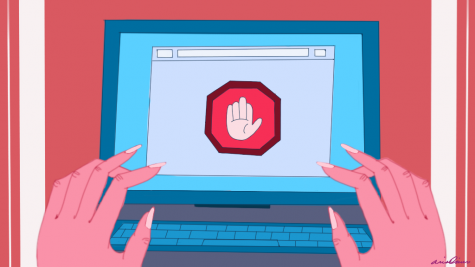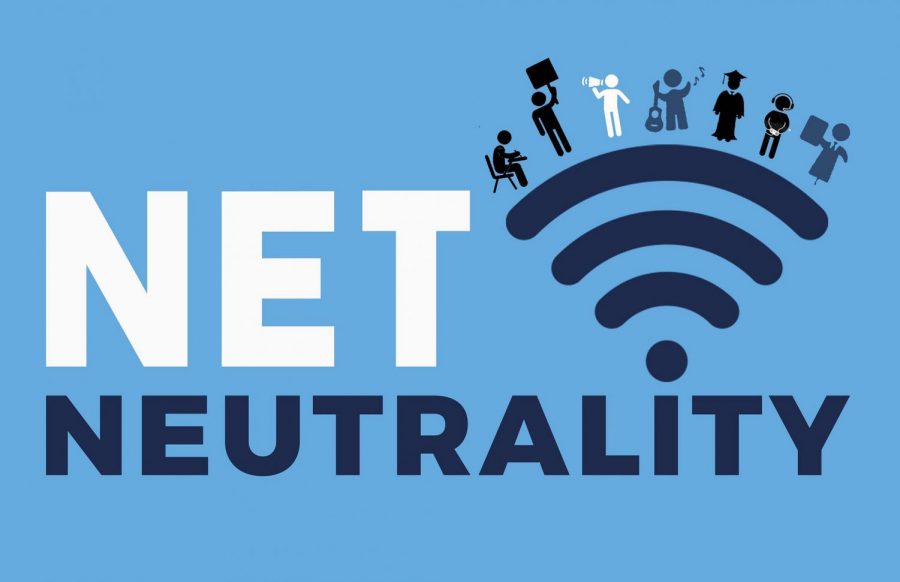How Important is Net Neutrality?
February 6, 2020
With the internet’s revolutionary introduction in 1983, the world was taken by storm. Before anyone knew it, communication and now news gathering became easy, perhaps even too easy, to properly cherish. In the blink of an eye, you can catch up on the latest trends, be updated on urgent news, video call distant family members, and much more.
The internet seems like a vast new world on its own – it’s easy to think there’s limitless freedom packaged with it. But, what if we lose this “freedom?” What if, in the near future, the world we find so accessible and helpful becomes more controlled?
Net neutrality is the idea that internet providers should grant users access to all content, regardless of its source and without bias. In a way, this means that the content we see on the internet doesn’t go through a filter; the websites and applications we usually use are there and intentionally unblocked and in the public eye. This equal treatment of content is “neutral,” which implies there’s no unfair treatment to certain sites. The idea of blocking certain areas of the internet is upsetting, but let’s take a look at how much of an impact the internet holds.
According to Paul Schrodt of Money, the disappearance of net neutrality could result in website access in the form of subscriptions. Internet providers could hypothetically bundle applications together for the purpose of having users pay to access them; “So if you love Twitter and Facebook, you could pay for one kind of subscription. And if you binge-watch Netflix or Hulu, you could instead pay for a video-oriented package.” This kind of system isn’t a great idea because it could potentially make prices higher, all for the sake of a limited version of internet access.

Additionally, people are also concerned with the censorship that may come with net neutrality’s death. Schrodt, for example, mentions that companies could possibly block certain matters because of political bias.
Rahul Chhabria from Atlassian believes censorship from lack of net neutrality could result in business teams losing out on information that could be utilized for essential research and product growth. As someone who hates censorship, I personally think restriction of information to the public is awful; people have the right to gain new knowledge. New information can be critical to career expansion (as stated by Chhabria), but it’s also critical to shaping one’s values in life (as proposed by Schrodt).
Net neutrality’s been a hot topic among avid internet users for years, and rightfully so. The internet isn’t just an outlet to find information; it’s an outlet for self-expression. Every day, people share their thoughts by connecting over the web. If net neutrality blocks or limits certain parts of the digital world, we could, in a sense, be silenced.
Learning new things, linking with others, and forming new thoughts are all part of being free. Net neutrality helps us convey this inherent trait within us, and I think that it is indeed very important.



